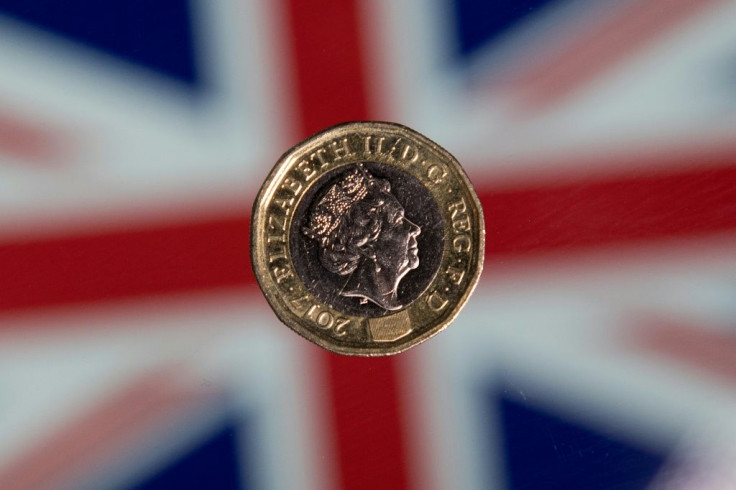Bank Of England Increases Bond Buying Program, Keeps Interest Rates Unchanged

KEY POINTS
- Bank kept its benchmark interest rates at a record low level of 0.1%.
- Interest rates have been cut twice from 0.75% since the emergence of the coronavirus pandemic
- The British economy shrank by a record 20.4% in April
The Bank of England increased the size of its bond buying program by an additional £100 billion ($125 billion) in order to help battle the "unprecedented" economic downturn caused by the covid-19 pandemic.
The additional monetary stimulus will raise the total size of the bank's purchase program to £745 billion ($927 billion).
The Bank noted that it expects the asset-purchase program to be run “at a slower pace” and to finish by the end of the year.
The bank's Monetary Policy Committee, or MPC, also kept its benchmark interest rates at a record low level of 0.1%. (Rates have been cut twice from 0.75% since the emergence of the coronavirus pandemic.) The bank made no reference to interest rates falling below zero.
The decisions follow a recent vow by bank governor Andrew Bailey that the central bank was prepared to act after the country suffered the biggest monthly economic contraction in its history.
The British economy shrank by a record 20.4% in April, while the size of U.K. payrolls dropped by 612,000 between March and May.
However, policymakers also said that they found evidence that the virus’ negative impact on the economy will be "less severe" than they initially feared. They noted, for example, that consumer spending somewhat recovered in May and June, while the housing market has shown some signs of life.
In May the bank had warned that the U.K. economy might shrink by as much as 25% in the second quarter.
Still, the bank expressed caution about the near-term economic prospects.
“The emerging evidence suggests that the fall in global and U.K. [gross domestic product in the second quarter] will be less severe than set out in the May report,” the bank stated. “Although stronger than expected, it is difficult to make a clear inference from that about the recovery thereafter.”
The bank added: “There is a risk of higher and more persistent unemployment in the United Kingdom. Even with the relaxation of some Covid-related restrictions on economic activity, a degree of precautionary behavior by households and businesses is likely to persist. The economy, and especially the labor market, will therefore take some time to recover towards its previous path… While recent demand and output data had not been quite as negative as expected, other indicators suggested greater risks around the potential for longer lasting damage to the economy from the pandemic.”
Only one MPC member, Andy Haldane, the bank's chief economist, opposed the increase in quantitative easing. He cited that the economic recovery was occurring "sooner and materially faster" than the bank had expected in May.
Howard Archer, chief economic adviser to EY ITEM Club, an economic forecaster, suspects the bank has more stimulus measures up its sleeves.
”We expect a final £100 billion [$125 billion] of asset purchases in [September] or [November],” he tweeted. “Interest rates [are] unlikely to go below 0.1%. Despite [the bank] currently actively reviewing case for negative interest rates, we expect them to ultimately decide not to go down that road.”
Macro Markets Daily tweeted that the bank's commitment to increase quantitative easing “could see its balance sheet rise to around 40% of GDP later this year, from 34% at the start of June.”
© Copyright IBTimes 2025. All rights reserved.





















